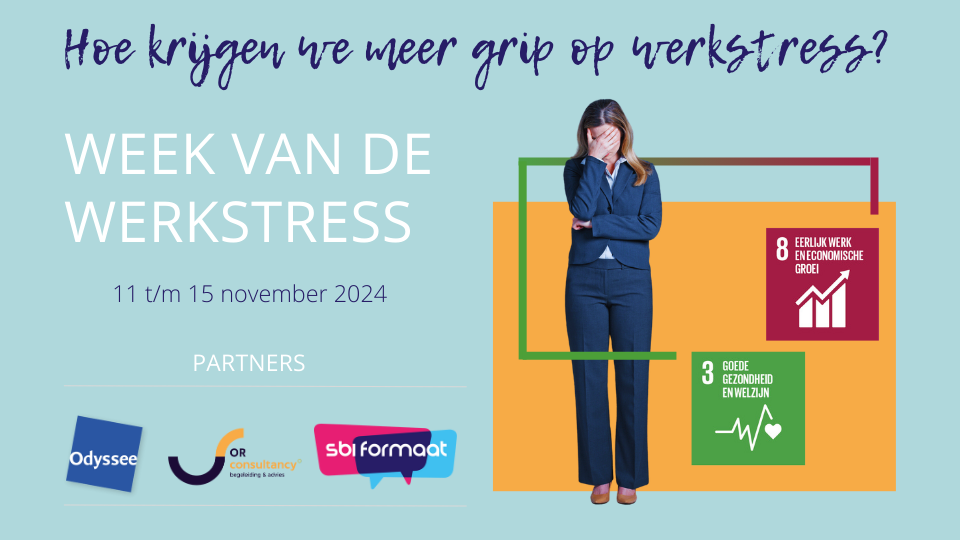On 2 February, the European Parliament passed with a large majority the motion calling on the European Commission to “carry out as soon as possible the long-awaited revision of Directive 2009/38/EC”. The motion contains a large number of detailed recommendations for amendments to the Directive. For example, the proposal contains requirements for Member States to ensure serious and timely sanctions in the event that companies fail to comply with their obligations. In addition, there are somewhat stricter rules for the negotiation process when establishing a new EWC. The exemption for companies that had once concluded a voluntary EWC agreement will also finally disappear.
The hope was that the European Commission would send this proposal directly to the Council of Ministers, but it appears that the Commission will first ask the social partners to come up with a proposal. According to most insiders, they will not be able to agree, after which the ball will be back in the Commission’s court.
Recommendations for amendments to the EWC Directive
The proposal therefore still has a long way to go. But for those who are negotiating or re-negotiating an EWC agreement, it can still be useful to familiarize yourself with this proposal. In particular of a number of elements that you can already include in an agreement (For more information, see this report with recommendations to the Commission on Revision of European Works Councils Directive | A9-0295/2022 | European Parliament (europa.eu)).
- A more extensive and clearer definition of ‘cross-border’, among other things by including the passages that are now only included in the ‘recitals’ of the directive (p. 14 art. 1)
- An expanded definition of ‘consultation’: the EWC is entitled to obtain a timely and reasoned response to their opinion, before the intended decision is adopted (p. 14, art. 2.b).
- Stricter rules that the company must adhere to, if it wants to impose confidentiality, or if it wants to exercise the right not to share certain information. EWC members are allowed to share confidential information with local employee representatives (p. 17, art 7).
- If a difference of opinion arises as to whether or not a particular issue should be submitted for consultation, the company must demonstrate why this is not the case (p. 17, art. 8).
- The means that the company must provide to the EWC also include all costs necessary to go to court, for example the travel time and travel costs for an EWC member (p. 19, art 10b).
- The EWC should be given the necessary means to inform the constituency about the content and outcome of the information and consultation procedure when it deems it necessary to fulfill its duties under this Directive, in particular before and after its meetings (art. 9, page 18).
The proposal contains precisely formulated provisions on these issues that you could use in the EWC agreement.
The subsidiary provision has not changed much, but the proposal does contain the provision that the EWC meets at least twice a year.
Enforcing online meetings
Unfortunately, the proposal does not contain a passage on a subject that is currently leading to discussions in many EWCs: the question of whether a company can force online meetings instead of face-to-face meetings. An indication can be found in the article about seafaring personnel. In specific cases: “the possibility of using new information and communication technologies where possible will be considered.” This shows that this is not intended as the rule, but rather as an exception, and then only for seafaring personnel.
For more information contact our EWC-Service or send an e-mail to Sjef.Stoop@sbiformaat.nl.


